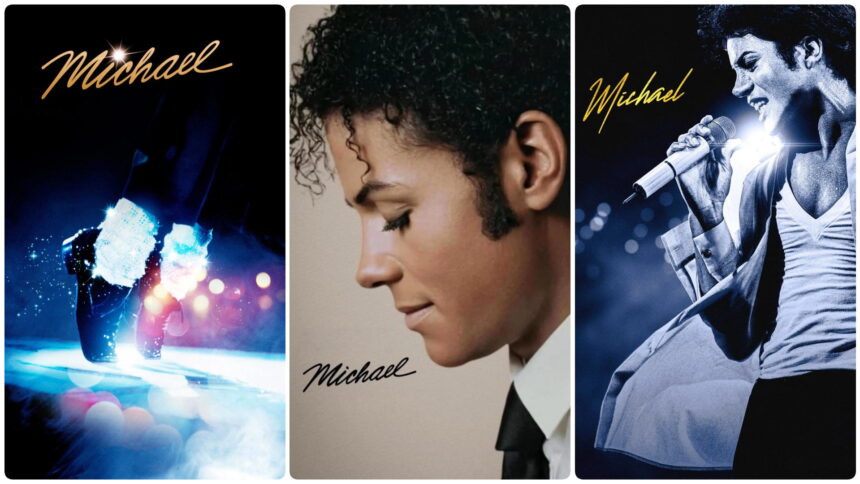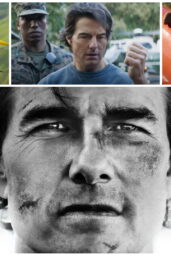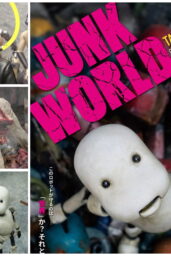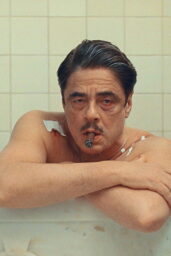The Thriller That Keeps Changing: Why ‘Michael' Might Become Two Movies
Hollywood loves a comeback story. And what better comeback than a big-budget biopic about the King of Pop himself? But Antoine Fuqua's Michael—the highly anticipated Michael Jackson biopic—has been anything but smooth sailing.
Originally set for an April 2025 release, the film has been pushed to October. And now? Reports suggest it might be split into two movies, with Part 1 delayed to 2026. Why? A mix of reshoots, legal roadblocks, and industry politics. Let's break down the chaos.
A Biopic Plagued by Controversy from the Start
Even before cameras rolled, Michael was a lightning rod for debate. The big question: how would it handle the allegations against Jackson?
Fuqua and Lionsgate positioned the film as a tribute to Jackson's legacy, focusing on his artistry rather than the scandals. But critics—including Dan Reed, director of Leaving Neverland—argued that the film risked whitewashing Jackson's history.
Things got worse in 2024 when it was revealed that a third of the movie had to be reshot due to a major legal oversight.
The $20 Million Mistake: The Reshoot Nightmare
Here's where it gets messy. Michael's original third act reportedly focused on the 1993 allegations made by Jordan Chandler, who accused Jackson of abuse when he was 13. But after filming, the production team realized a crucial detail:
📜 The Jackson estate had already reached a settlement barring any future films from featuring Chandler's story.
Oops. That meant the entire segment had to be rewritten and reshot—an expensive and time-consuming process. The Jackson estate, rather than Lionsgate, is footing the bill for these extensive reshoots. But this delay has created a domino effect.
Why Splitting the Movie in Two Makes (Some) Sense
So why not just delay the whole thing? Why split it into two films?
📽️ 1. Getting Part 1 into Theaters Sooner
With a portion of the film already complete, releasing Part 1 in 2026 allows Lionsgate to salvage what they can while they finish reshoots for Part 2.
🎭 2. A Strategic Awards Push
If Part 1 lands in 2026, the studio could position it for awards season buzz. Given Bohemian Rhapsody's Oscar success, there's a precedent for music biopics dominating the industry's biggest nights.
💰 3. Doubling the Box Office Potential
Two movies = two box office opportunities. Dune and It pulled this off successfully. If the first installment is a hit, audiences will be hungry for the conclusion.
But Will Fans Stick Around?
There's a risk here. Splitting a film into two parts only works if audiences are invested. A Dune-style strategy works when there's a clear story divide. But Michael was written as a single narrative.
📉 Hollywood's track record with split films is hit or miss. The Hunger Games and Harry Potter finales? Blockbuster wins. But The Hobbit's unnecessary trilogy? A bloated disappointment.
The biggest challenge for Michael will be keeping audiences engaged across two films—especially when the reshoots mean significant changes to the original story structure.
The Bigger Picture: Hollywood's Biopic Boom and Its Pitfalls
This drama surrounding Michael highlights a bigger trend in Hollywood: the biopic gold rush.
Ever since Bohemian Rhapsody ($910M worldwide) and Elvis ($288M) proved that audiences love musician biopics, studios have been scrambling for the next big hit.
But there's a fine line between telling a story and sanitizing history.
🎸 Bohemian Rhapsody was criticized for downplaying Freddie Mercury's sexuality.
🎙️ Elvis barely touched on Presley's controversial relationship with Priscilla.
Now, Michael faces the same dilemma—how much of the full story should be told?
What Happens Next?
Lionsgate hasn't confirmed the split yet, but industry insiders suggest it's a serious possibility. There are still key factors to consider:
- IMAX Availability: A two-part release needs premium theater space.
- International Distribution: Universal (handling overseas rights) must approve the plan.
- Reshoot Timeline: The longer the delays, the higher the risk of audience fatigue.
With so many moving parts, Michael could still change course.












